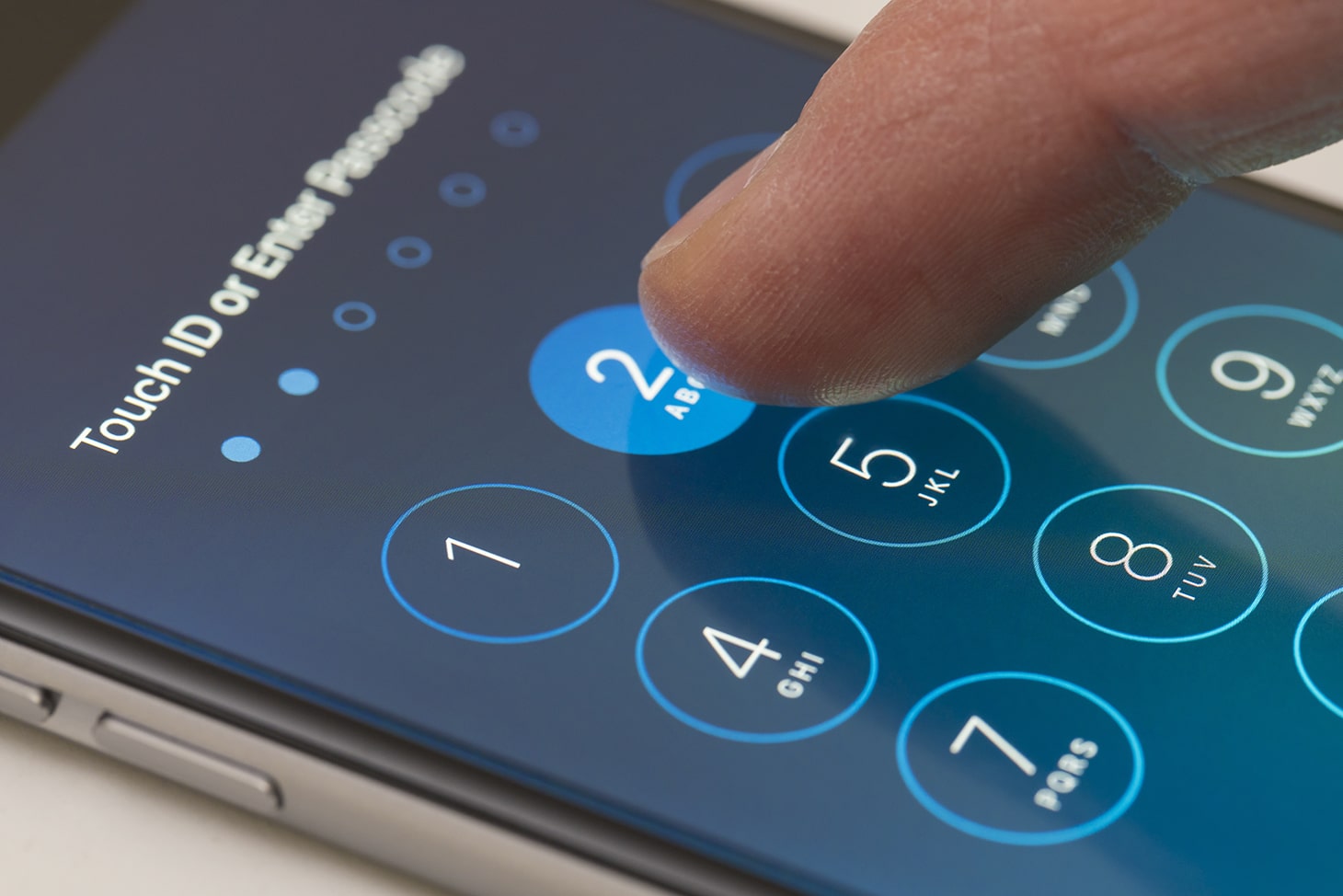Geležinio vilko g. 18A, Vilnius, LT-08104, Lithuania

GlobalData has issued a statement in relation to the potential of biometrics to replace passwords in the banking sphere in the nearest future. This was accepted quite seriously by industry’s major and minor actors due to the fact that GlobalData, the data and analytics company, conducted a complex analysis of the consumer payments survey that revealed interesting insights. According to the latter, consumers are highly anticipating the introduction of innovative developments and will be willing to accept biometric security installments.
The senior wealth management analyst of the company, Heike van den Hoevel, has declared that as much as 67% of the consumers would prefer the biometrics-based system to ensure the security of their payment details. Among the results of the survey is also the fact that in the past four years about 16% of consumers worldwide incurred negative consequences of payment fraud schemes. With regard to this, experts from the relevant fields all support the common approach that the application of biometrics will be useful in helping agents succeed in decreasing fraudulent activities, if applied to a wide spectrum of banks’ operations.
Fraud remains one of the major factors affecting the effective operation of the industry and financial service providers. Not only does it affect the customers, but also the institutions themselves, their credibility and growth. For instance, 9% of individuals who become victims of fraud in the banking sector decide to close their account and change the provider. The financial costs of attracting and maintaining good and stable customer relationships with consumers signal that 9% is a quite high figure, that has substantial impact on the overall well-being of an institution. Despite such convincing arguments and data, the level of concern is still not sufficient enough to deter and prevent potential damages and losses. Surprisingly, it is only 34% of wealth management and private banking companies that consider data breaches as a large threat, and dedicate efforts to the resolution of the problem. The underestimation of reputational damage due to the cases of fraud and personal data compromise might lead to unmanageable consequences.
Therefore, there must be more attention to the issue and implementation of concrete actions to reduce the possibility of a fraud taking place.
According to Mr. van den Hoevel, security concerns should remain central in the operation of institutions in the banking industry, and new ways must be developed in order to address the cyber-threats that are becoming increasingly sophisticated and hard to deal with. Maximization of convenience and introduction of new services to the existing range are of course what banks care about most, yet such solutions as biometric security can reduce the amount of time and efforts spent on enforcement of extra security, giving banks an opportunity to dedicate attention to other dimensions of operation. Those who will choose to disregard this innovation, risk to fall behind and loose the trust and loyalty of their customers.